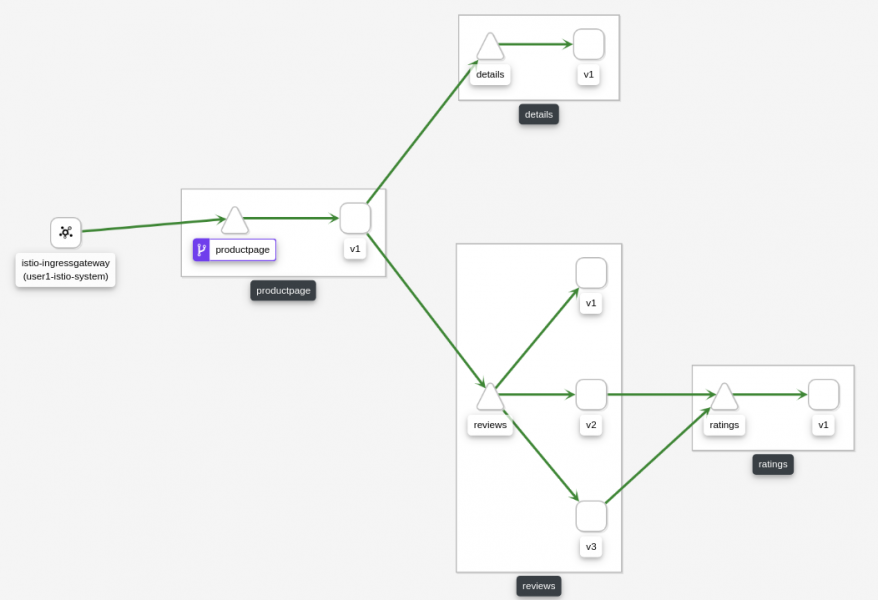In a previous article, we discussed the importance of Ansible from a Middleware perspective and why making Middleware a first-class citizen in the Ansible ecosystem is crucial. In this post, we’ll explore the technical details of utilizing Ansible for automating a Middleware solution. We’ll focus on one of the most used middleware software: Apache Tomcat. […]






